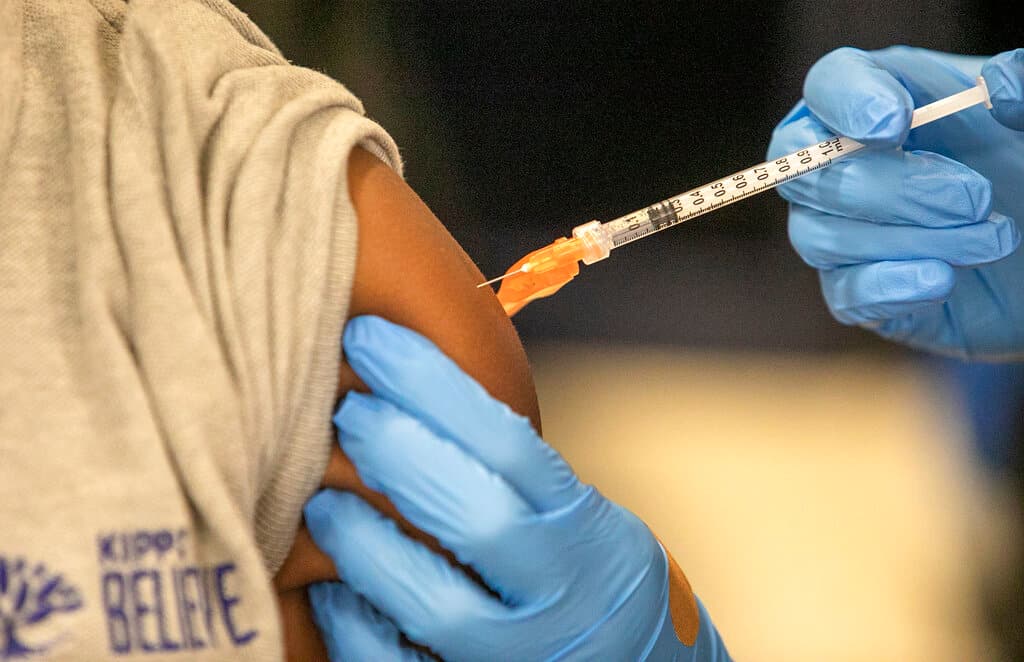Scottish Ministers Refuse To Rule Out New Lockdowns, Mask Mandates as Covid Cases Surge
Scotland’s national clinical director, Jason Leitch, warns that the virus will get worse as winter approaches.

The government of Scotland is refusing to rule out the prospect of a return to mask mandates, lockdowns, and social distancing rules as a wave of new Covid cases and the emergence of a new variant trigger concerns among scientists about further outbreaks during the upcoming winter months.
Please check your email.
A verification code has been sent to
Didn't get a code? Click to resend.
To continue reading, please select:
Enter your email to read for FREE
Get 1 FREE article
Join the Sun for a PENNY A DAY
$0.01/day for 60 days
Cancel anytime
100% ad free experience
Unlimited article and commenting access
Full annual dues ($120) billed after 60 days

